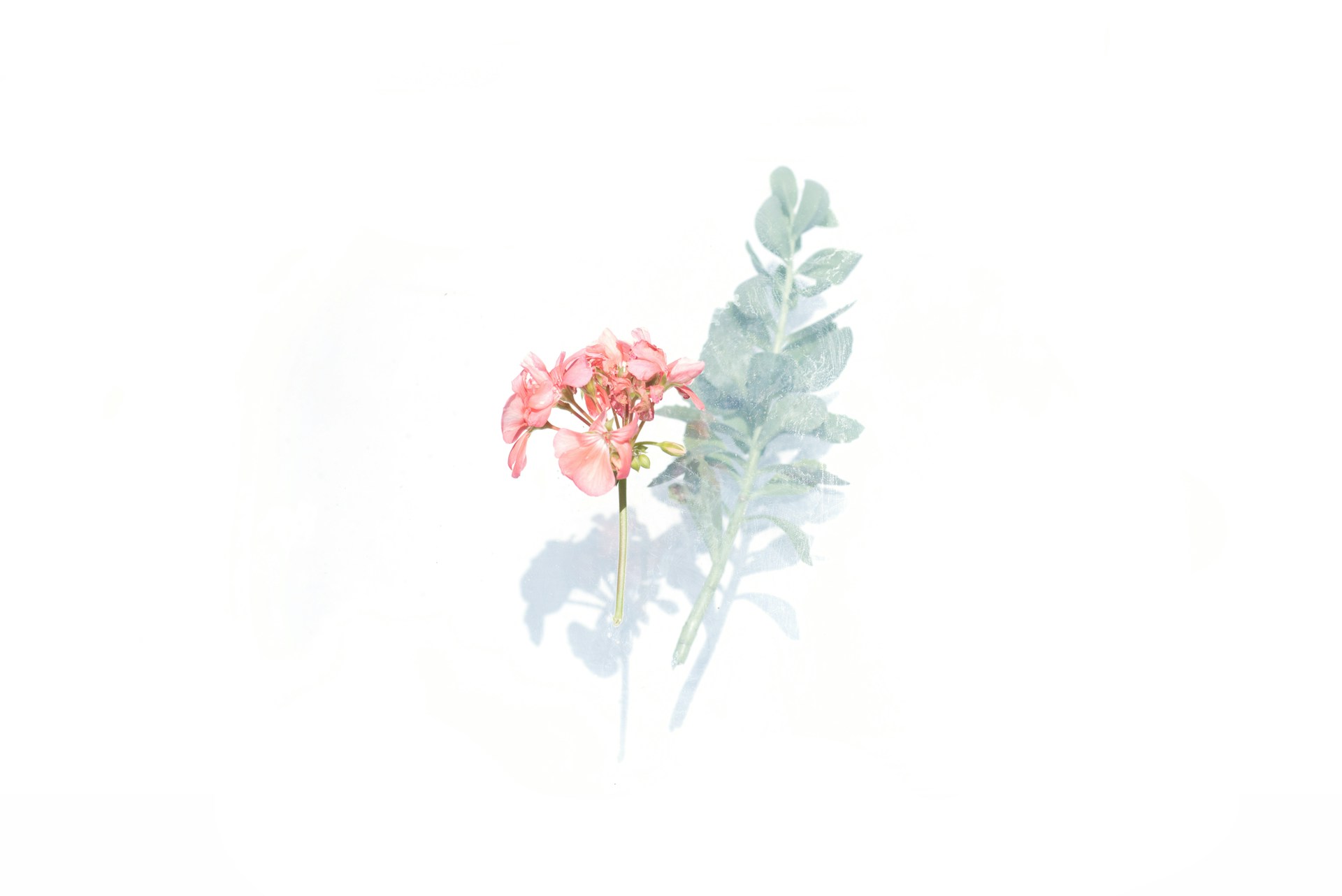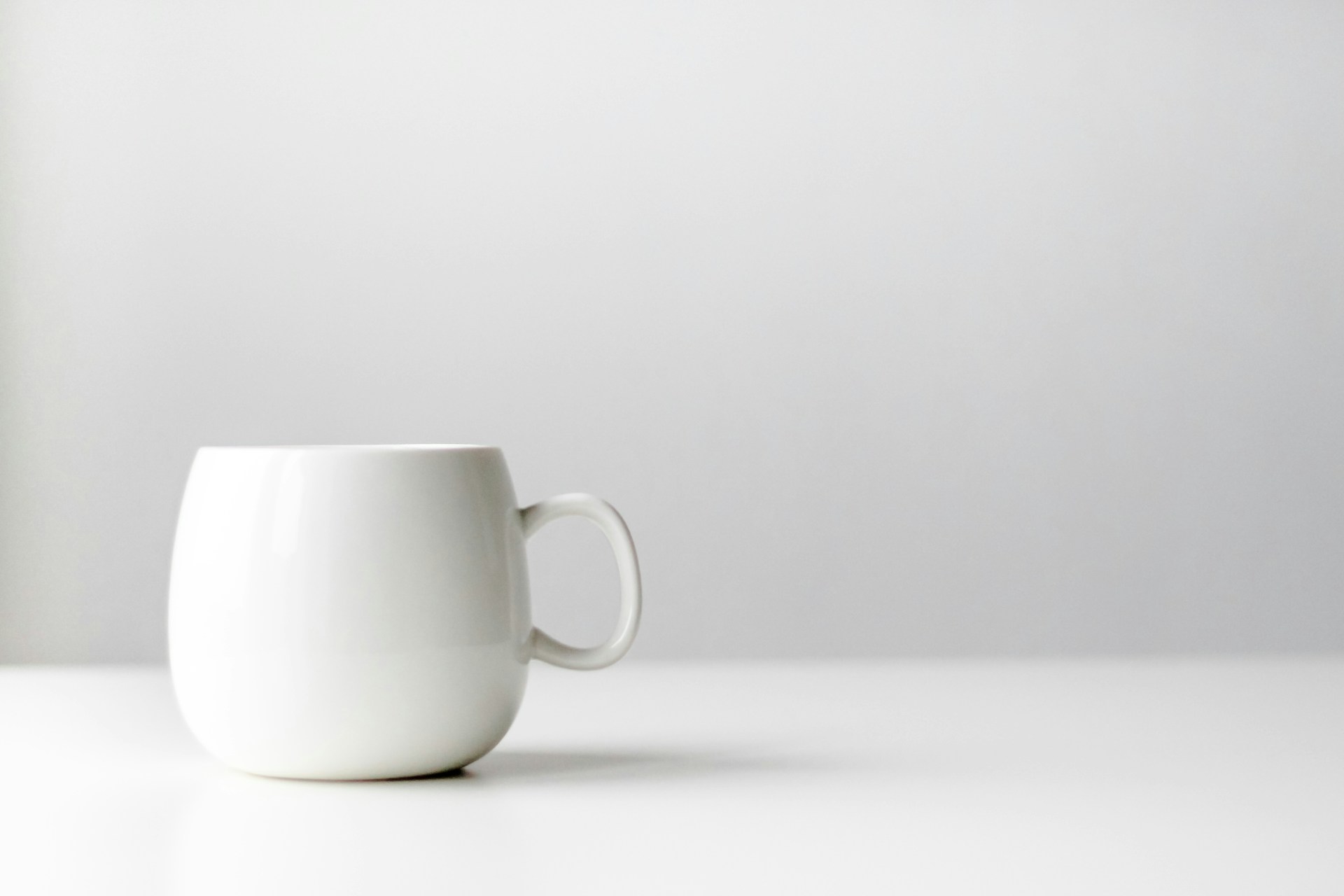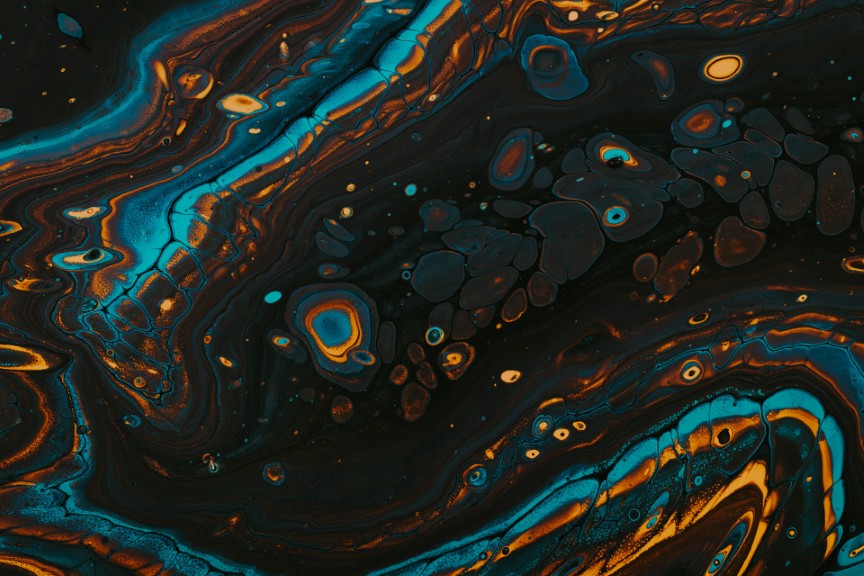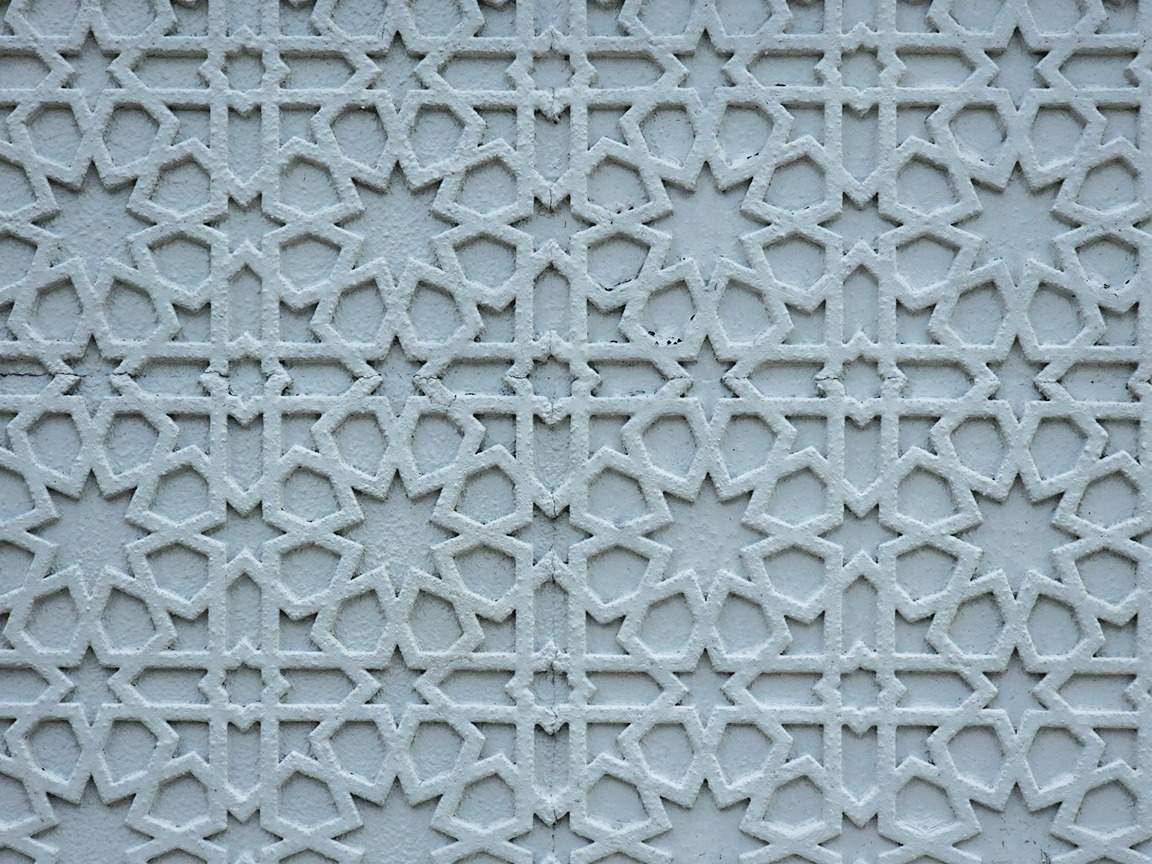Art has long been touted for its ability to evoke emotions and spark creativity in individuals. But beyond its aesthetic appeal, art has also been shown to have a significant impact on mental health and overall well-being.
Engaging in artistic activities such as painting, drawing, or sculpting can provide individuals with a sense of fulfillment and accomplishment. This sense of achievement can boost self-esteem and confidence, leading to a more positive outlook on life. In addition, the act of creating art can be a form of self-expression, allowing individuals to communicate their thoughts and emotions in a non-verbal way.
Furthermore, art has been found to have therapeutic benefits for those struggling with mental health issues such as anxiety, depression, and PTSD. Through activities like art therapy, individuals can explore their feelings and experiences in a safe and supportive environment. This process can help individuals gain insight into their emotions and develop coping strategies for managing their mental health.
Research has shown that engaging in creative activities can also have a positive impact on brain function. Creating art stimulates the brain’s reward pathways, releasing dopamine, a feel-good neurotransmitter. This can help reduce stress and anxiety, improve mood, and increase feelings of happiness and well-being. In fact, some studies have found that creating art can be as effective as meditation in promoting relaxation and mindfulness.
One of the key benefits of art in promoting mental health and well-being is its ability to provide a sense of fun and enjoyment. Whether it’s trying out a new painting technique, experimenting with different colors, or simply doodling in a sketchbook, art can be a source of joy and pleasure for individuals of all ages. The process of creating art can be a form of play, allowing individuals to let go of their inhibitions and express themselves freely.
In addition, engaging in artistic activities can promote social connection and community engagement. Attending art classes or workshops can provide opportunities for individuals to meet like-minded people, share their creative interests, and build relationships. This sense of belonging and camaraderie can help combat feelings of loneliness and isolation, which are common risk factors for mental health issues.
Overall, the impact of art on mental health and well-being is undeniable. Whether it’s through painting, drawing, sculpting, or any other creative outlet, art has the power to uplift spirits, inspire creativity, and promote a sense of fun and enjoyment. So the next time you’re feeling stressed or anxious, why not pick up a paintbrush or a clay pot and let your imagination run wild? Your mental health will thank you for it.









